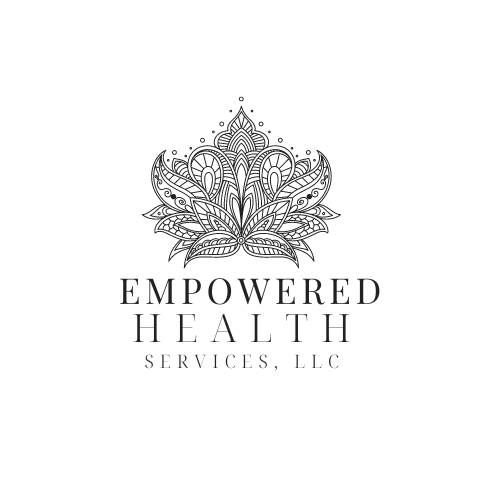Let’s talk about mistakes.
Not the cute kind, like putting salt instead of sugar in your morning coffee (although, wow, that will wake you up). I’m talking about the bigger ones. The kind that leave you lying in bed at night with your stomach in knots, replaying that conversation, that choice, that relationship, that job you didn’t take, or the one you did.
Mistakes get a bad rap. And sure, I get it. They can cost time, money, resources, relationships. They can wound pride, burn bridges, and test every ounce of our resilience. Sometimes, mistakes hurt other people. Sometimes, they hurt us.
But here’s what we rarely talk about: mistakes are also a modality of learning.
Yes, really. Just like visual, auditory, or experiential learning, mistakes are their own powerful, if unpopular, teacher. They may not come with a workbook or a soothing voice guiding you through the lesson, but make no mistake (pun intended): the lesson is there.
Think about it. We don’t grow solely by getting things right the first time. We grow by bumping into the edges of our understanding. We learn by touching the proverbial hot stove, not because we’re reckless, but because sometimes, theory isn’t enough. We need felt experience.
You might think: “But I wasted so much energy. I invested so much. I got hurt.” That might all be true. And yet, you’re here. Wiser. Maybe a little more cautious. Maybe more compassionate. Maybe more aware of your own blind spots.
The next time you catch yourself mid-regret, spiraling into the shame vortex that so often accompanies mistakes, try this: Pause. Breathe. Ask yourself:
What did I learn from this?
How did I mature or grow because of it?
What would I do differently next time?
We’re so quick to label mistakes as failures. But what if we reframed them as part of the curriculum of being human? What if, instead of seeing them as detours, we recognized them as unexpected (and sometimes messy) parts of our path?
Therapy has taught me that growth rarely happens in the neatly packaged wins. It happens in the awkward stumbles, the painful conversations, the moments we wish we could do over, but can’t. And so, we do the next best thing: we do better because of them.
So, the next time you find yourself face-palming over something you did (or didn’t do), remember: this isn’t the end of your story. It’s a chapter. A lesson. A slightly uncomfortable teacher in the school of life.
Mistakes may not be the modality you wanted, but they might just be the one you needed.

